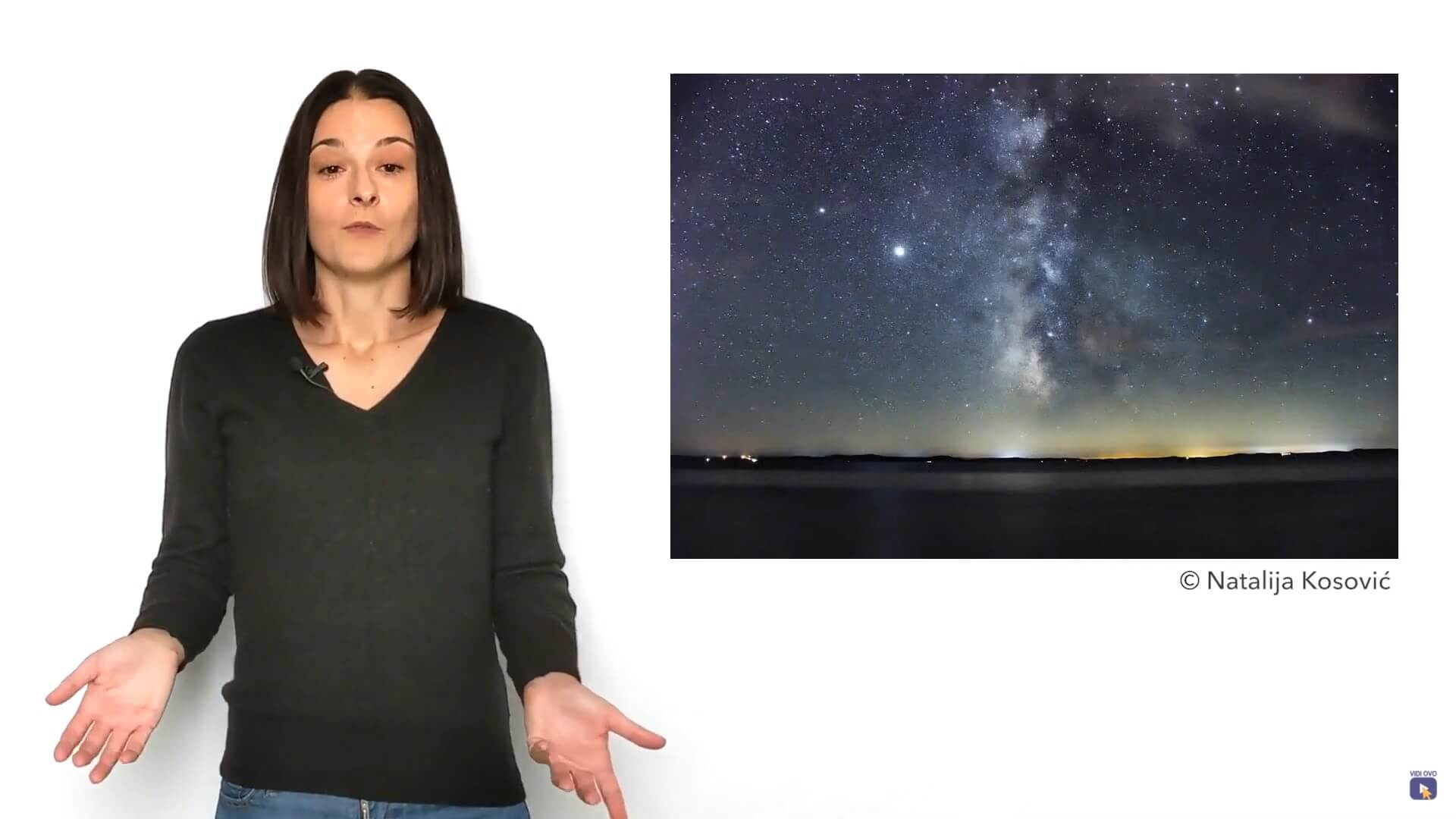May 13, 2021 - With Croatian scientists' reputation on the rise on the world stage, dr. Vernessa Smolčić is now the Croatian European Research Council (ERC) Fund Receiver.
Croatian scientists continue to impact the European science scene. As the Faculty of Science (PMF) at the University of Zagreb reports on its website, their scientist and professor, dr. Vernesa Smolčić is one of the 10,000 receivers of non-returnable funds by the European Research Council (ERC). As PMF states, the excellence of research work is the only criteria to get these funds.
„Scientists compete in a very strong international competition in which the European Commission from the total number of applications picks up only 8-15% of the best. Projects founded by the ERC are the best researches in all of Europe, and working on ERC projects increase international recognition of the research, and cooperation with the elite global universities“, says PMF.
An online ceremony saw representatives of ERC welcoming all 10,000 receivers with particularly pointing out the top 15 who contributed to the transformation of science and research.
One of them was, you guessed it, dr. Vernessa Smolčić.
„Vernesa Smolčić studied physics at the University of Zagreb, where she is now a full professor at the Department of Physics in the Faculty of Science. She obtained her Ph.D. in 2007 from the University of Heidelberg, Germany, followed by a postdoctoral position at Caltech in California, USA. In 2009, she obtained an independent ESO ALMA COFUND Fellowship from the European Southern Observatory. In 2013, she won one of the first ERC Starting Grants in Croatia“, says the ERC website.

screenshot / Astroučionica
The website also offers more details on how Smolčić (and other scientists, for that matter) made an incredible contribution in expanding human knowledge.
As Smolčić explained for the ERC website, there were more than a few unknowns in the astrophysics field due, primarily to instrumental limitations at the time. But, in 2014, „Smolčić’s team was one of the first to use new and upgraded radio telescopes in Chile, USA, Australia, and India. These telescopes offered a higher level of accuracy for tracing star formations and detecting galaxies, stretching back to when the universe was very young“, writes ERC.
„While the observation phase was very time consuming, Smolčić was immediately taken aback by the extent of the data. She was not only probing new areas of Space, but she was observing radio wavelengths that no other scientist had been able to see through a telescope lens in such detail, or for so many galaxies. Three years down the line, her team had over 850 hours of data. They analyzed and assembled datasets (radio sky mosaics, data collections) on various types of galaxies, their sources, and physical properties. These datasets were made publicly available to the broader astronomy community, to be used by other scientists to explore more of the universe’s unknowns“, concludes ERC.
„ERC funding really allowed me to conduct my research at the highest competitive levels“, said Smolčić. And you can learn more about her work in this interesting podcast.
European Research Council was established in 2007. As they say themselves, their mission is to encourage the highest quality research in Europe through competitive funding and to support investigator-driven frontier research across all fields, based on scientific excellence.
„The ERC complements other funding activities in Europe such as those of the national research funding agencies, and is a flagship component of Horizon Europe, the European Union's Research Framework Programme for 2021 to 2027“, they said.
Learn more about Croatian inventions & discoveries: from Tesla to Rimac on our TC page.
For more about science in Croatia, follow TCN's dedicated page.


